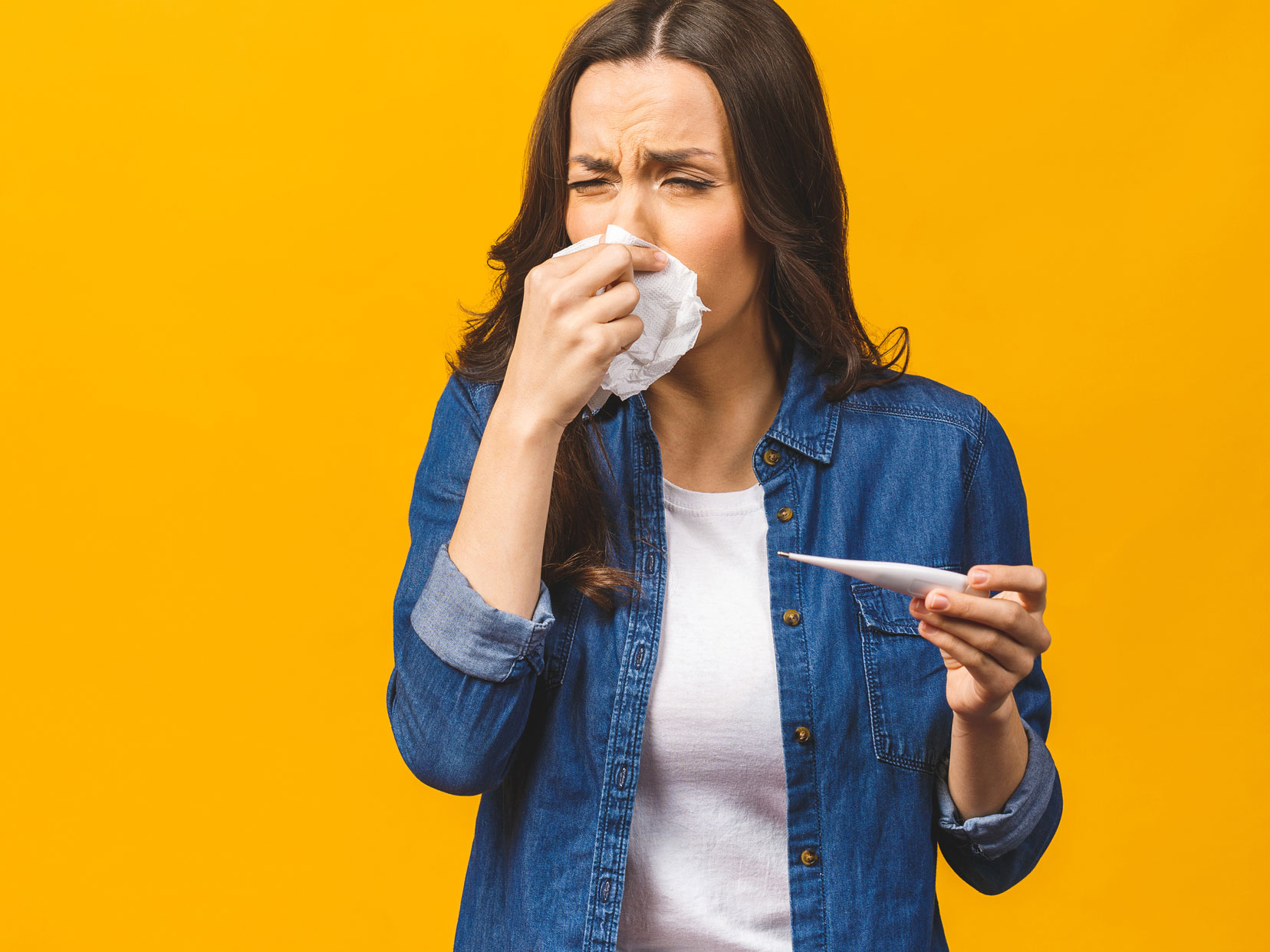Get Easy Health Digest™ in your inbox and don’t miss a thing when you subscribe today. Plus, get the free bonus report, Mother Nature’s Tips, Tricks and Remedies for Cholesterol, Blood Pressure & Blood Sugar as my way of saying welcome to the community!
The at-home coronavirus test that’s a hoax

Twelve days ago, I developed fever, a dry cough, extreme fatigue, and horrible pain between my shoulder blades that kept me up all night, night after night.
When I met with my doctor via video chat, she was worried.
While my symptoms could easily have meant I had anything from the flu to a bacterial infection or a different type of upper respiratory virus, she was concerned that they could also mean that I had been infected with the coronavirus.
However, despite her concern, there was no way for me to get tested since in my state, at the time you still had to meet at least two out of three criteria to qualify:
- Having coronavirus symptoms
- Proven contact with someone with the virus
- Travel from a viral hotspot
I only had the first, so testing was out.
So, I was told to self-isolate, stay away from my husband and kids, and begin taking a prescription antibiotic and hope that it worked.
PhoneSoap 3 UV Phone Sanitizer
Stop the spread of bacteria in homes and hospitals. Sanitizes phones, keys, cards & money. Your cell phone is the third hand you don’t wash. Sanitize it with the PhoneSoap UV light.
With so much time on my hands, I began to wonder whether there was any other way to be tested.
Could I order a test? Was there a way to tell if I had the virus at home?
And, I came upon some interesting advice…
Hold your breath
The advice had gone viral in fact, recommending that in order to determine if you have coronavirus, you should attempt to hold your breath for 10 seconds.
After all, since COVID-19 causes shortness of breath, it would make sense that you should be able to tell a difference if you have the infection, right?
Wrong!
Despite online claims that this recommendation was allegedly put out by Stanford University, it turned out to be nothing more than a scam, which has now been exposed.
And, Stanford Health Care spokeswoman Lisa Kim has now responded, calling the information not only false and inaccurate — but dangerous.
Why the test isn’t accurate
The truth is that the test doesn’t work for a variety of reasons from how severe your symptoms are to what type of symptoms you end up with (these can vary widely from patient to patient).
“Some people are either asymptomatic or have mild symptoms and would easily be able to hold their breath for 10 seconds,” says Nate Favini, MD, medical lead at Forward, a primary care practice which is currently treating COVID-19 patients as well as handling swab testing. “So, not being able to hold your breath for 10 seconds is not an accurate test for the coronavirus.”
More coronavirus myths
Other coronavirus myths put forward in the same post that advised the “self breath test” as well as other places online that have been disproven (as well as the real facts behind them) include:
- Gargling with salt water kills the virus – BUSTED: In truth, testing on other types of upper respiratory virus shows this doesn’t work.
- Drinking water and keeping your mouth and throat hydrated will wash the virus into your stomach where the acid will kill it – BUSTED: While hydration is important, experts believe the virus is able to pass from the lining of your nasopharynx to your bloodstream – a spot where the water you drink can’t reach.
- If you have a runny nose, it’s not coronavirus – BUSTED: Like the flu and many other upper respiratory viruses, coronavirus patients can experience a runny nose and nasal congestion.
Sadly, misinformation is rampant… For even more coronavirus fact checks, check out 10 myths about the coronavirus, busted by my colleague, Joyce Hollman.
Remember, right now, the only way to know for sure if you have coronavirus is to get the swab test. And, luckily, it’s getting easier as more states widen the criteria for testing and set up drive-thru clinics.
Even better, even if you have the symptoms of the virus, odds are you won’t experience the severe version since according to the World Health Organization (WHO), 80 percent of cases involve mild symptoms. In fact, no matter what I actually had, I’m already feeling much better, with only lingering fatigue. So, there is hope!
Sources:
- One dangerous coronavirus ‘self-check test’ is circulating on social media. Here’s why you should avoid it. — CNN
- You Definitely Shouldn’t Trust That Viral Self-Test for Coronavirus — Here’s Why — Health.com
- World Health Organization official: 80 percent of coronavirus cases will involve mild symptoms — Fox News













